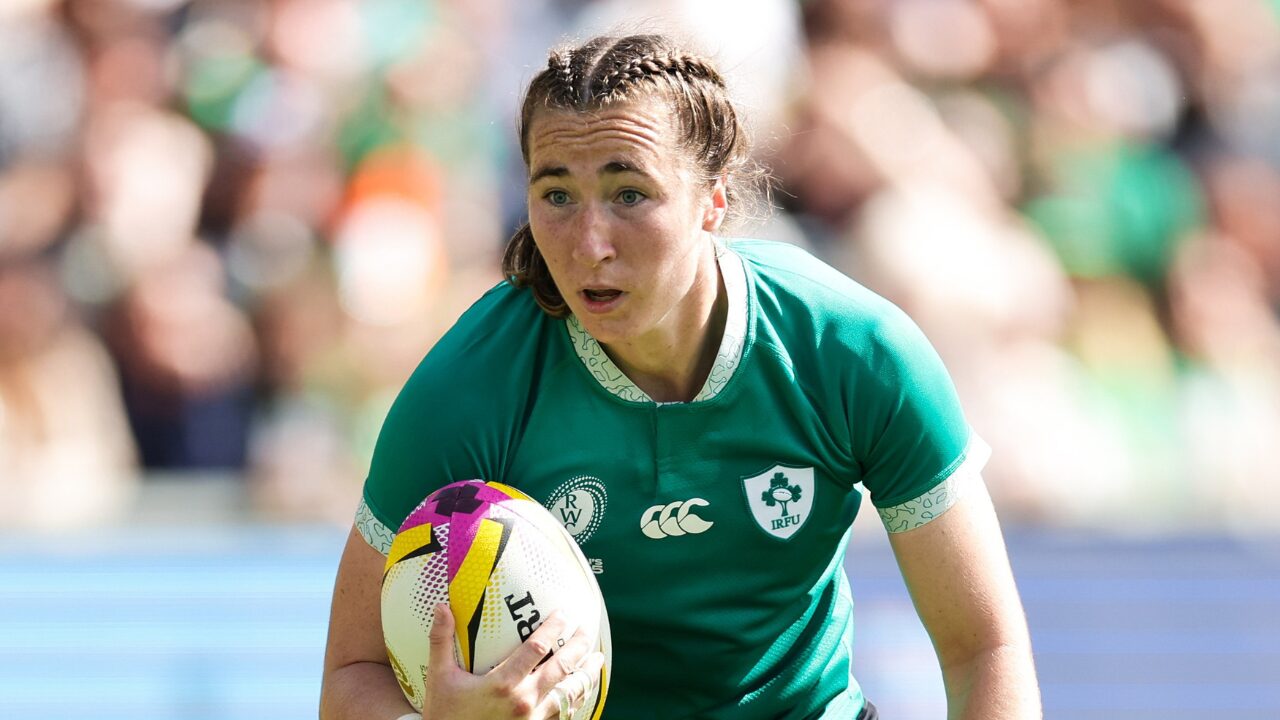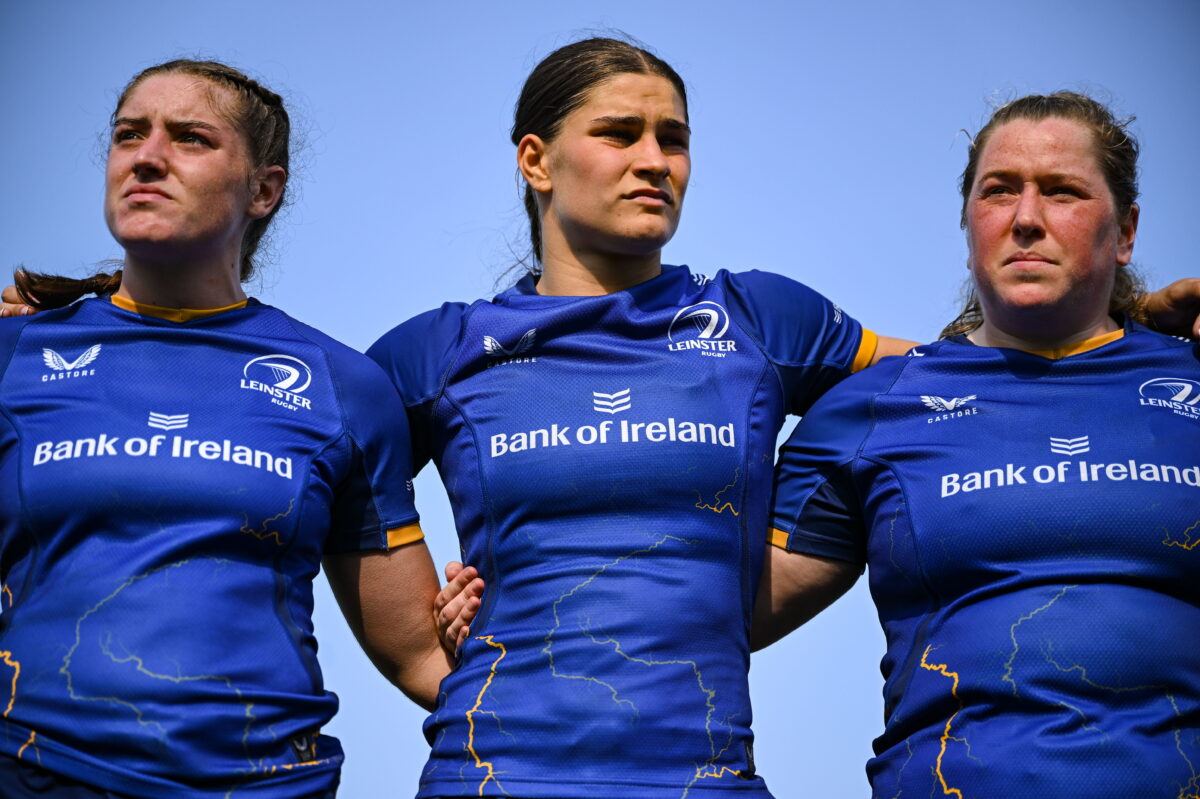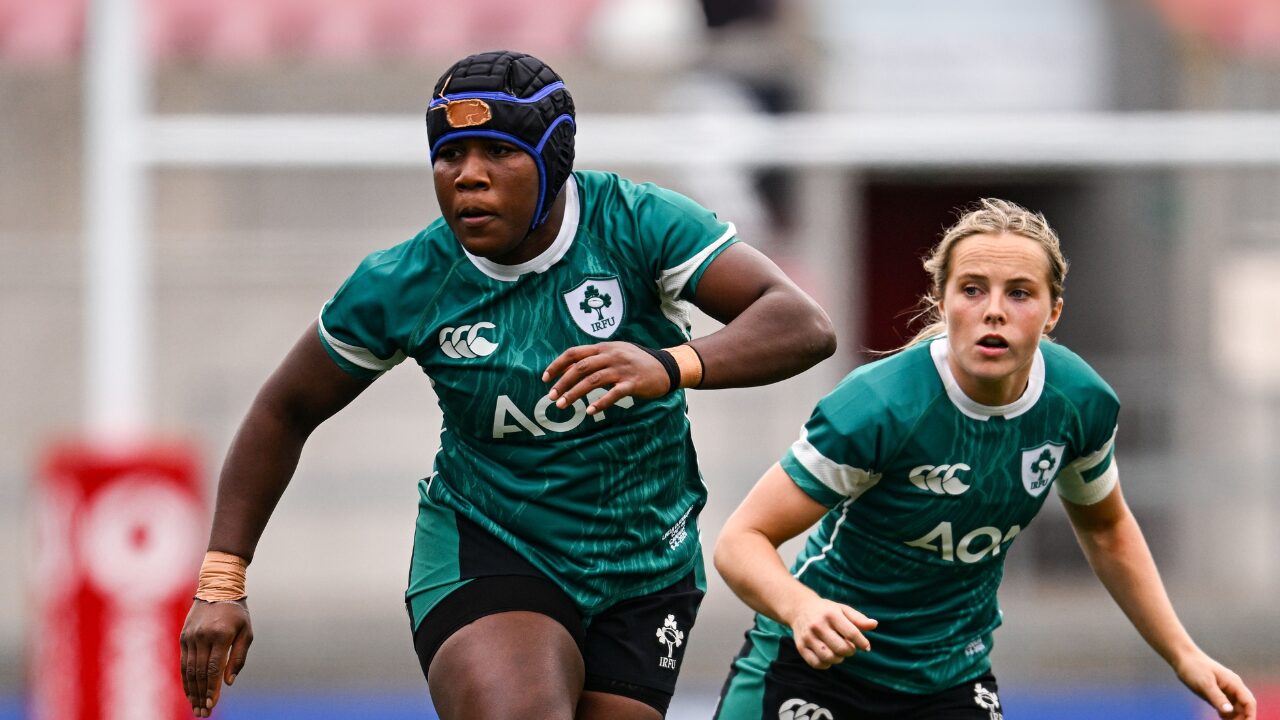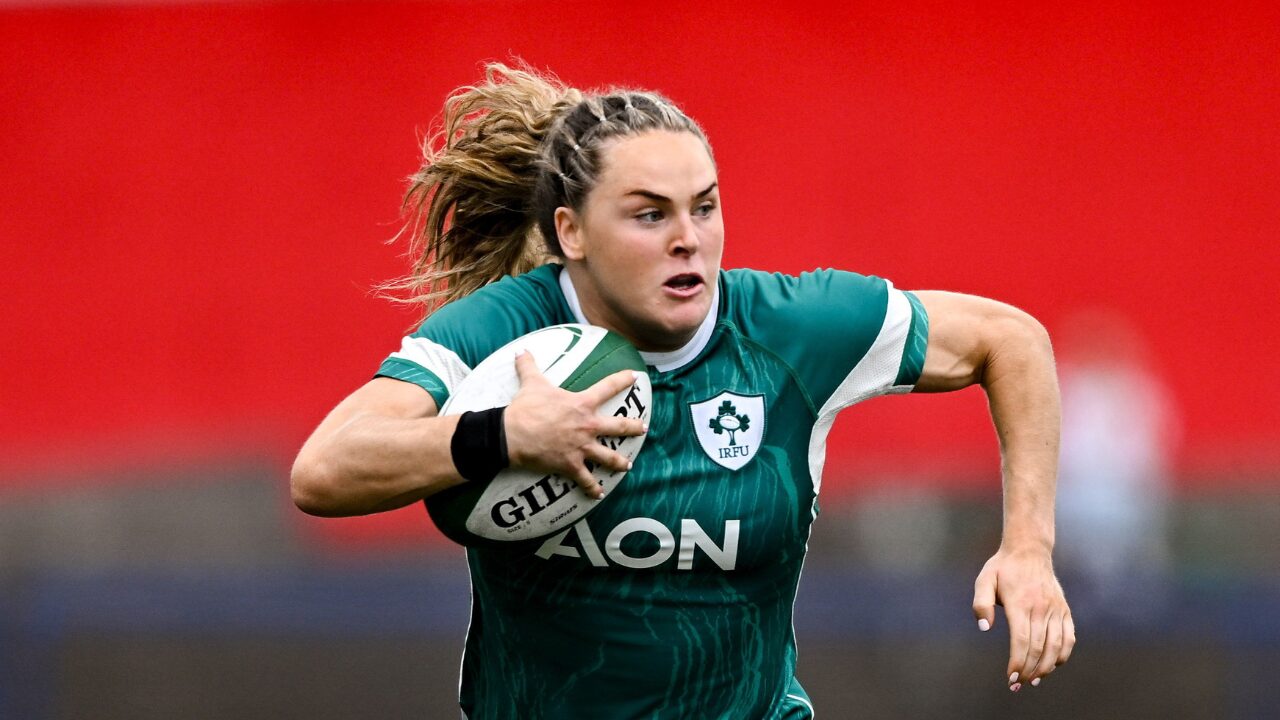Digital harassment and online abuse have emerged as significant welfare issues for athletes. Within that, World Rugby research has shown that female athletes are 30% more likely to get abuse than their male athlete counterparts and that the UK is the biggest originator of abuse towards players and officials at an international level. The Women’s Rugby World Cup 2025 is taking place in England and presents a substantial challenge for women’s rugby players competing, so a plan has been developed to protect players and combat difficulties.
Developments in digital harassment in sport
World Rugby identified the issue of online abuse for players and officials in advance of the Men’s Rugby World Cup in France in 2023 and engaged Signify, an ethical data science company which uses machine learning and open source data to detect accounts which were sending messages of abuse to players and officials, with 49% of abuse targeting television match officials. The technology employed by Signify has been implemented across 35 languages and can also understand image and emoji use. Signify verified the identities of 224 abusive accounts leading to an arrest and prosecution in Australia, two investigations being opened in New Zealand resulting in formal apologies and law enforcement engagement in South Africa, France and England. This software will be of paramount importance when combating online abuse targeting women’s rugby.
FIFA also adopted the software at the Football Women’s World Cup in 2023 where 152 players out of 697 experiencing online targeted abuse on their social media accounts and 7085 posts or comments which were about the Women’s World Cup were verified as abusive.
Technology plans for the Women’s Rugby World Cup
World Rugby has again engaged Signify to monitor and identify abuse in real time across multiple platforms and languages for the Women’s Rugby World Cup and notify the relevant authorities. This initiative is emblematic of a broader movement within elite sport to prioritise athlete welfare, illustrated by recent campaigns and protective measures from sporting bodies such as the GAA, GPA and Irish Football Association. These advances reflect a cultural shift: now more than ever, sports organisations recognise the need to address the heightened psychological risks athletes face from digital hostility, particularly during international competitions. Technology sits at the heart of safeguarding strategies, aiming to protect both performance and wellbeing in the digital age. The emergence of the issue of digital harassment has led to a growing recognition that athletes must be safeguarded online. Until recently, the only recourse has been to block someone from entering a stadium and even then, since the abuse conduct is carried out online it is practically difficult to link the perpetrator’s online profile with a person entering a stadium.
As well as fines and blocking access to stadiums, where online abuse reaches the criminal threshold, Signify have provided evidence packs for authorities to escalate matters. Under Irish criminal law, online abuse may fall under the offences of assault, harassment and sending threatening or grossly offensive communications, the latter two introduced under “Coco’s Law“, Irish legislation aimed at combating the non-consensual distribution of intimate images and harmful online communications.
Next steps for combating online abuse
Online abuse during the Women’s Rugby World Cup 2025 will be tackled through advanced AI solutions which monitor and identify abuse in real time. By verifying abusive accounts and supporting law enforcement action where necessary, these technologies enable a proactive response to digital harassment. Increased collaboration between sporting bodies and the use of robust evidence packs will ensure perpetrators can face legal consequences under relevant laws. Together, these innovations signal a shift towards prioritising athlete welfare, aiming to protect players from online abuse and safeguard mental health during international competitions.
_______
Ogier is Ireland’s leading sports specialists, supporting women’s sports.







